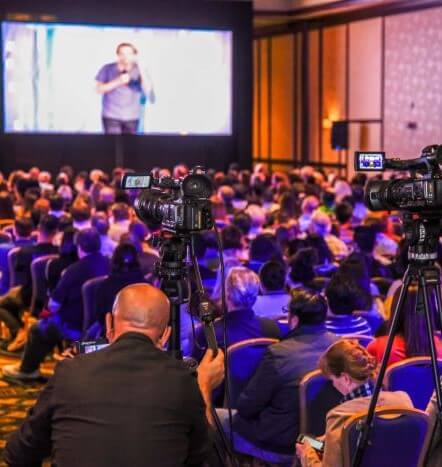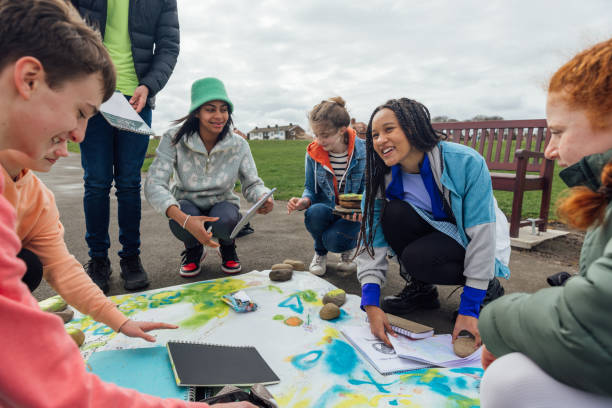
As event planners, it’s essential to ensure that all attendees—regardless of ability, age, or background—feel welcome, supported, and fully included in your event. At Cool Cactus Events, we understand that accessibility is not just a legal requirement, but a moral responsibility to create an environment where everyone can participate and thrive. By integrating inclusive practices, we ensure that every individual, including those with disabilities or specific needs, has a seamless and enjoyable experience.
Let’s explore some key accessibility tips to help event planners create more inclusive events that foster a sense of belonging for all.
Why Accessibility Matters in Event Planning
An inclusive event is one where attendees, regardless of their abilities, feel they can engage with all aspects of the experience. This means ensuring that your event is not only physically accessible but also intellectually, socially, and emotionally welcoming. Inclusive events also make people feel valued, which can lead to increased attendance, positive feedback, and long-term loyalty.
Moreover, accessible events are in line with global standards, such as the Americans with Disabilities Act (ADA), which outlines accessibility guidelines for public accommodations. Being proactive about accessibility ensures your event reaches a broader audience and demonstrates a commitment to diversity and inclusivity.
Practical Accessibility Tips for Event Planners
Ensure Physical Accessibility
At Cool Cactus Events, we prioritize choosing venues that offer wheelchair access, wide aisles, and ramps where needed. Some specific things to consider include:
Accessible Transportation: Ensure shuttle buses or parking spaces are wheelchair accessible and clearly marked.
Elevators and Ramps: Confirm that all areas of the event are accessible by elevator or ramp, and that these features are easy to locate.
Restrooms: Provide accessible restroom facilities with proper signage and clear paths to them.
Offer Clear Signage and Wayfinding
Event signage should be clear, large, and easy to read for people with visual impairments. Utilize high-contrast colors and legible fonts, and provide tactile signage for blind or low-vision attendees. Consider creating mobile-friendly apps or digital maps that attendees can access on their smartphones for added convenience.
Provide Alternative Formats for Materials
Not everyone can access printed materials in the traditional format. Offering alternative formats—such as audio files, Braille, large print, or digital downloads—ensures that attendees with visual impairments or learning disabilities can access the same information as others.
Offer Sign Language Interpreters
If you have speakers or sessions that require interpretation, it’s essential to provide sign language interpreters for those who are deaf or hard of hearing. Additionally, consider captioning for video content to ensure full accessibility.
Inclusive Technology and Virtual Platforms
With the rise of hybrid events, technology offers new ways to enhance accessibility. Platforms like Zoom and Hopin allow for features such as live captioning, sign language interpreters, and the option to adjust audio or video settings. It’s also essential to ensure that event websites and apps comply with WCAG (Web Content Accessibility Guidelines) to ensure they’re usable by people with disabilities.
Sensory-Friendly Zones
Large events can be overwhelming for individuals with sensory sensitivities, such as those with autism or anxiety. Designating quiet spaces or sensory-friendly zones within the event where attendees can retreat if feeling overstimulated can make a significant difference. These spaces should be calm, quiet, and free from distractions, offering a respite for those who need it.
Train Your Staff and Volunteers
Make sure your team is well-trained in accessibility best practices. This includes knowing how to assist individuals with mobility aids, understanding the importance of clear communication, and knowing where to direct attendees with specific needs. Communication is key—always be ready to ask attendees what specific accommodations they may need to feel comfortable and supported.
Conclusion
Creating an inclusive event is not only about meeting legal requirements; it’s about fostering a welcoming atmosphere where everyone, regardless of ability, can participate and contribute. From physical accessibility and alternative formats to sensory-friendly spaces and trained staff, every step you take to enhance accessibility makes a difference. At Cool Cactus Events, we believe in the power of inclusive experiences that leave everyone feeling seen, heard, and respected.
By integrating thoughtful accessibility strategies into your event planning process, you can ensure that your next event is truly inclusive, welcoming to all, and ultimately more successful.
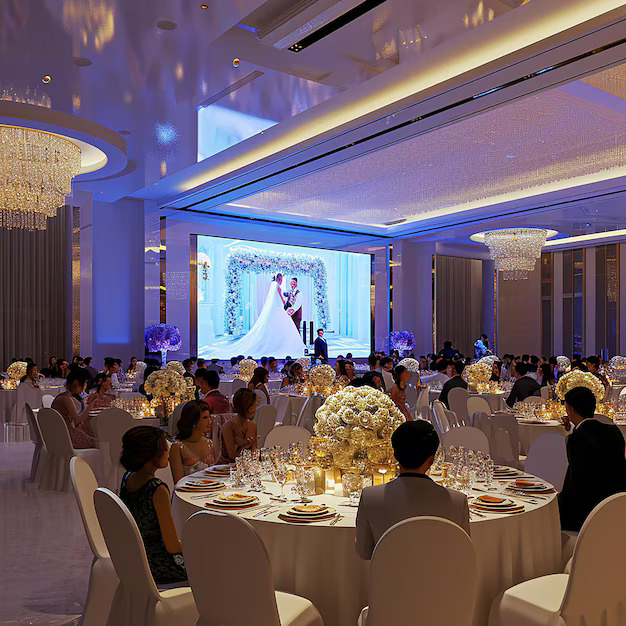
.jpg)
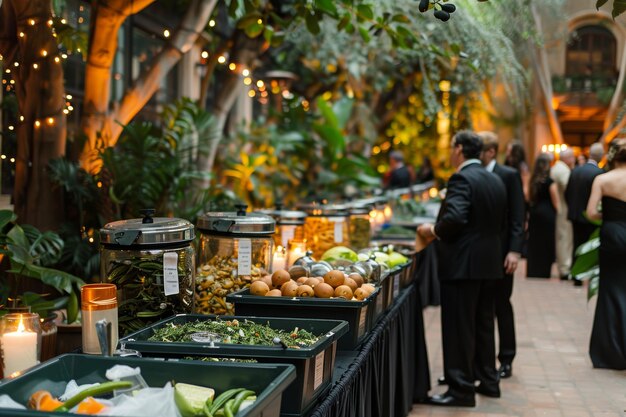
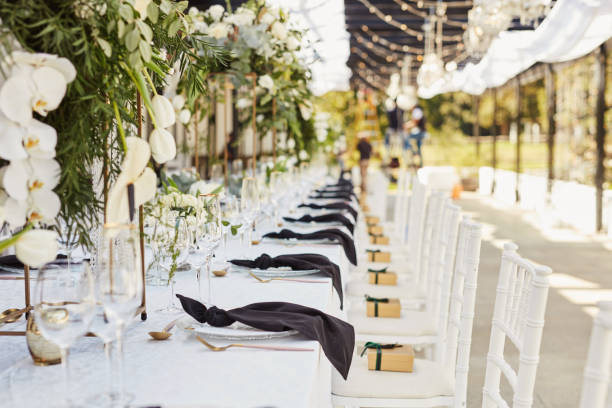
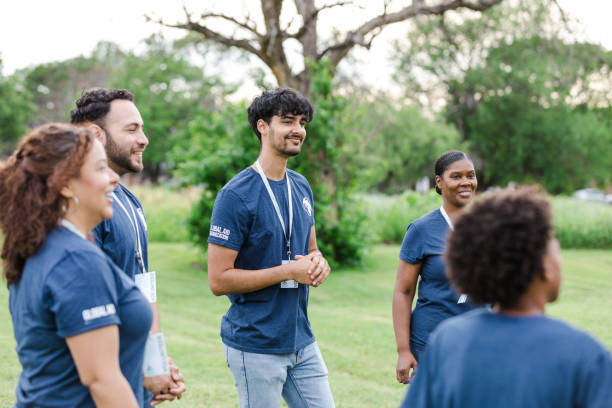
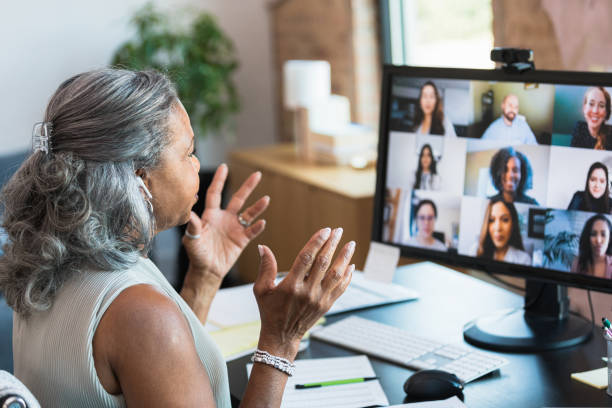
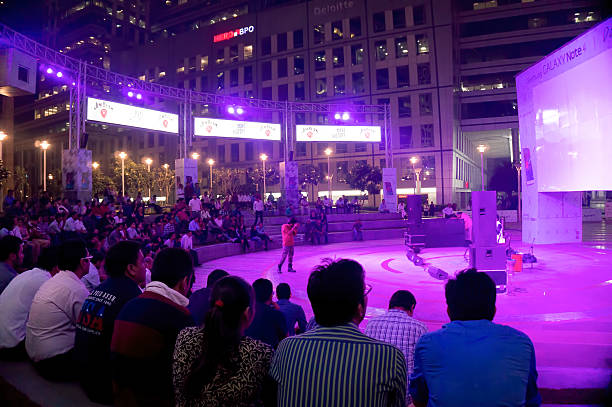




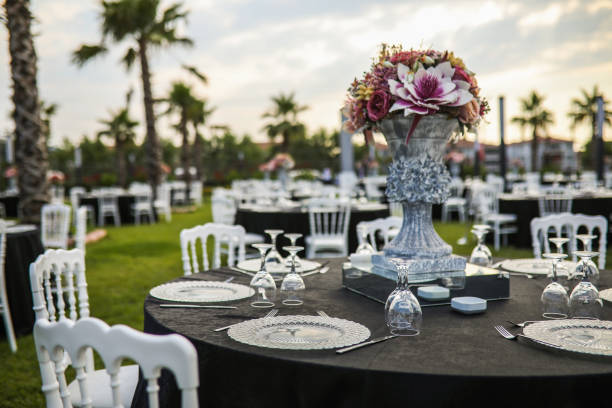


.jpg)

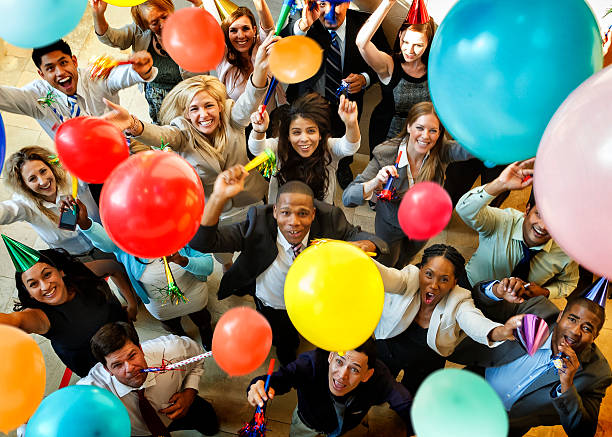
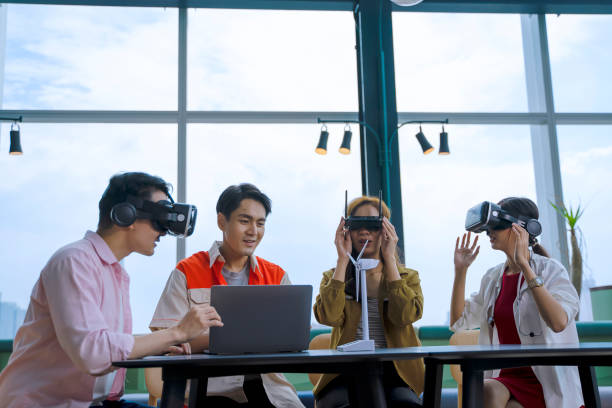
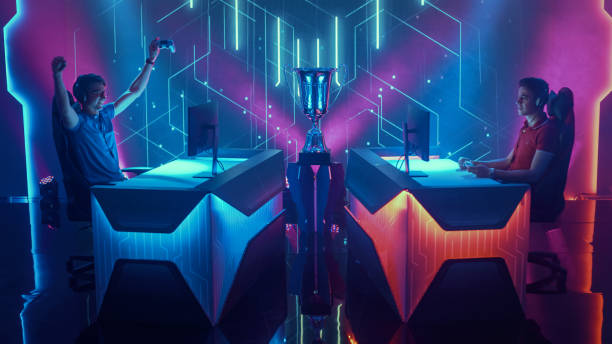


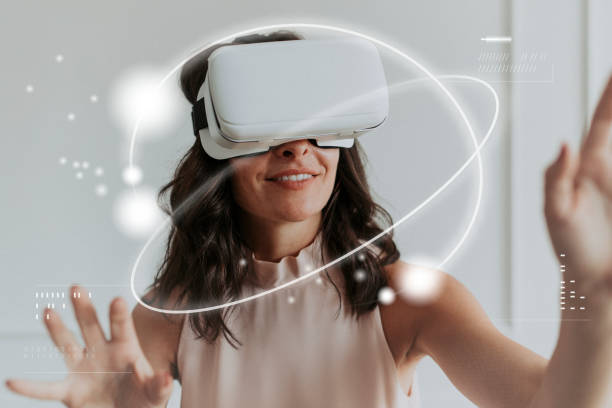






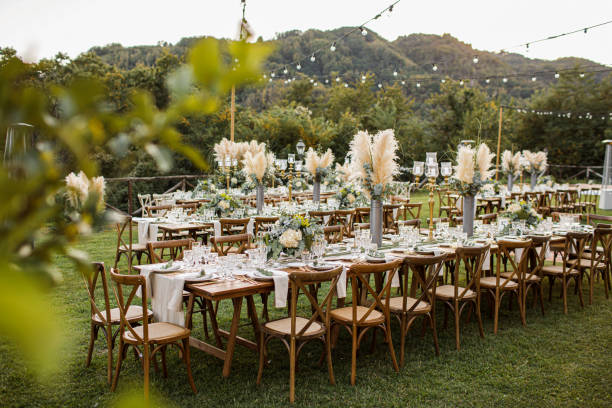


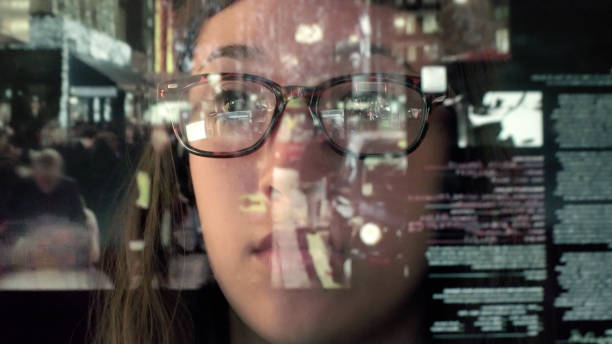







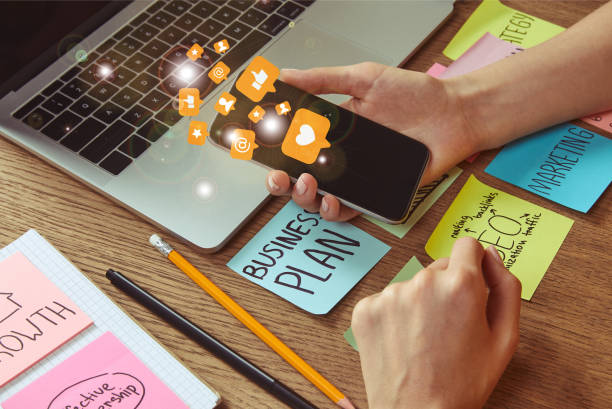



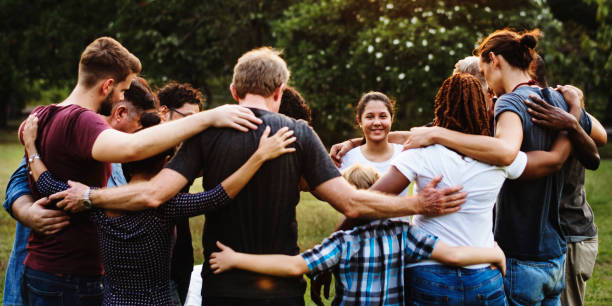
.jpg)
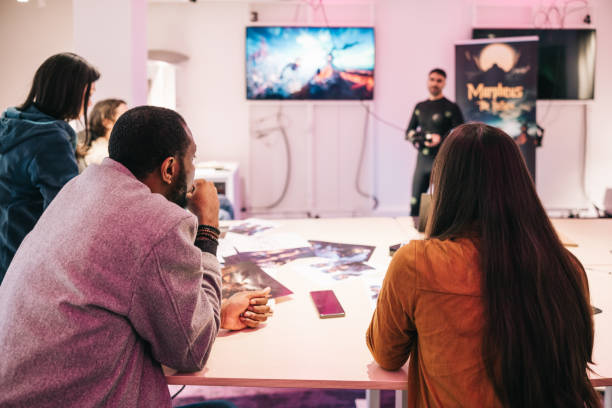

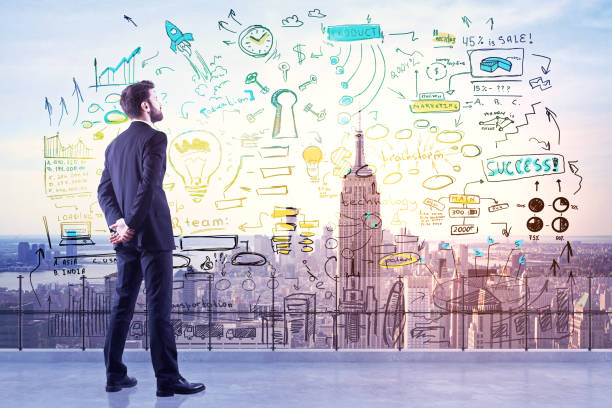
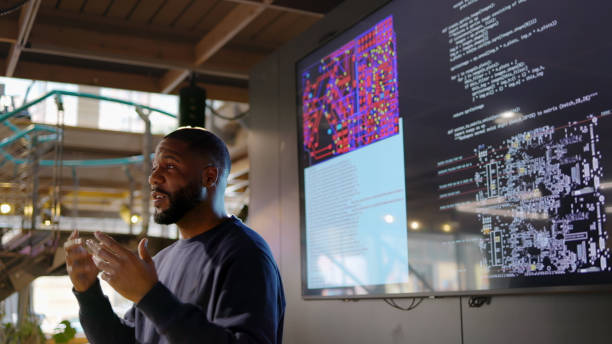

_11zon.jpg)
